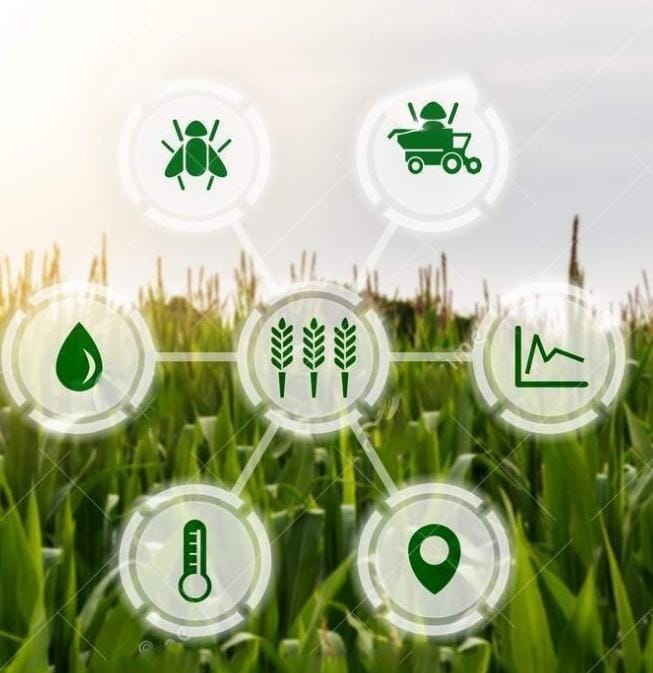Launching an innovation call and accelerator to identify new technologies for improved landscape restoration and agro-forestry practices to better the livelihoods of rural communities in India


About the Project
The Central Highlands Restoration Project (CHiRP) is being piloted in Kabirdham and will subsequently be piloted in Durg/Raipur districts of Chhattisgarh state of India. Commonland, The Nature Conservancy (TNC) and Samerth Charitable Trust are working together in 10 villages of two Gram Panchayats in Bodla block of Kabirdham District, supported by IKEA Foundation. The project is holistically focusing on addressing complex challenges facing people and nature – to reduce threats to natural systems and reduce harm to people dependent upon them. It is building on the landscape restoration initiatives of Commonland (the 4 Returns Approach [footnote]) and of TNC.
The 20-year vision of CHiRP is to develop a holistic well-being of local communities connected to thriving ecosystems. Moreover, there will be development of best practice examples that can inspire decision-makers and be replicated across Chhattisgarh and the neighboring states. The project will build on existing strengths (farming skills and forest knowledge), on community assets (farmland and community forests) and external resources (funding and market knowledge) to develop community-driven landscape restoration and sustainable business cases in support of this restoration.
[footnote] Commonland’s ambition is to restore large degraded landscapes by enabling local farmers and other stakeholders to develop business cases that fit within the ecological landscape setting and can be implemented at scale. Commonland successfully tested an unique framework that is restoring large areas via: 1) hope and purpose (Inspirational Return), 2) jobs and socio-economic activities (Social Return), 3) biodiversity, soil and water (Nature Return), while creating 4) sustainable business cases (Financial Return) (hereinafter referred to as 4 Returns Approach).
Needs assessment, Technology scouting and deployment
Commonland has partnered with Global Business Inroads (GBI) to support CHiRP by defining the gaps for technology interventions and scouting for suitable technologies, products and services to address the needs of the stakeholders (rural communities, specifically) and the CHiRP partners‘ strategy to restore the landscape.
For the Technology Scouting Calls, needs will be defined in collaboration with the potential local rural adopters. The calls will be launched on the Global Technology Interface (GTI) platform, where companies, SMEs and startups with suitable solutions can apply and share their solutions. Post the application process, the CHiRP Technology Working Group will interact with the technology providers to shortlist the appropriate technologies for deployment.
Further, GBI will connect the technology providers and the local rural adopters to interact, mutually discuss and define the deployment strategy, business model to demonstrate and deploy the technologies on the ground. GBI will build the capacities and support the technology providers and local rural adopters develop viable business models, provide opportunities to scale and identify financing mechanisms to fulfil the objectives of the CHiRP project.
Key sectors for technology interventions
Agritech solutions focused on agroforestry, more specifically Non Timber Forest Products (NTFPs) and bamboo, are one of the key priority sectors for the CHiRP to address the objectives of the 4 Returns Approach. Some of the other priority sectors that need to be addressed in order to support the needs of the local stakeholders include access to energy, and public health & environmental technologies in remote areas (for clean cooking, water, sanitation, waste management). Other interventions include communication and telecom technologies (cell tower signal boosters) to improve connectivity, sustainable construction technologies (roads, storage, etc.) to provide better access to these communities, produce value addition technologies to enhance their livelihoods and innovation in forest-based industries.
Another key objective of the project will be to also setup a Rural Innovation and Training Centre – to support the local communities with bringing together access to technology, innovation, adoption, training and capacity building.
The Technology Scouting and Innovation Calls are scheduled to be launched in early September 2020, with an objective to attract innovative technologies and solutions to enhance the productivity and livelihoods of the local stakeholders, resulting in socio-economic development and ecosystem restoration. The call will be open for a period of six months to receive interest and applications from technology and solution providers. The CHiRP Technology Working Group will evaluate and shortlist the most suitable technologies. The companies will be notified at the end of this phase. GBI will then introduce the technology providers to the local rural adopters to foster collaborations and partnerships starting and initiate project-based deployments within a year.
This approach will also provide a business opportunity for technology companies from around the world and create entrepreneurship opportunities for local communities. It will also provide viable business models for investors and financial institutions. To develop a long term and sustainable road map for all the stakeholders involved, a global repository of agritech and rural innovation technologies and solutions will be openly available to scale technology access and deployment.
